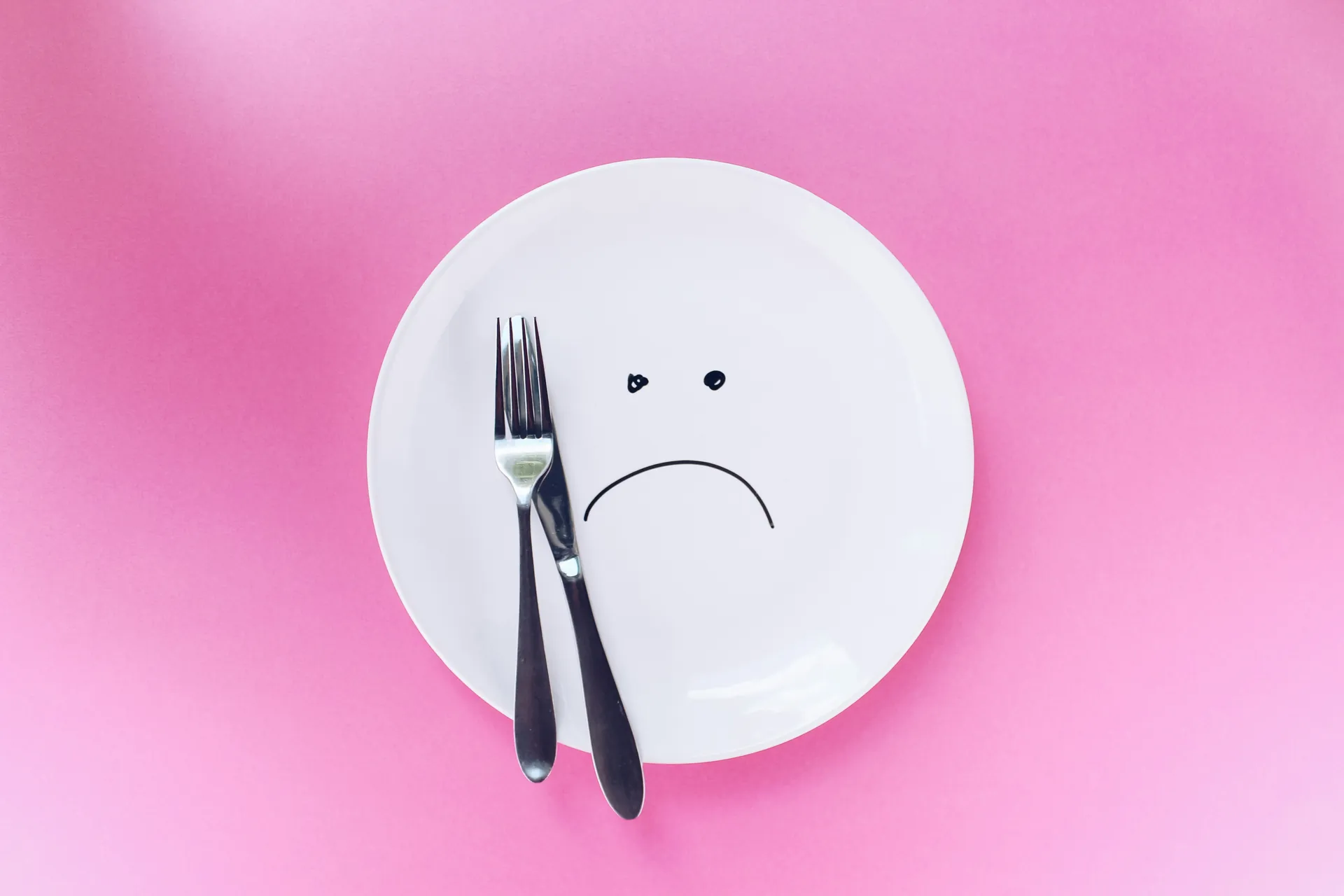In today's fast-paced environment, we're constantly bombarded by toxins from our surroundings, food, and lifestyle choices. This makes the idea of a body cleanse detox more attractive than ever. The thought of eliminating harmful toxins and revitalizing our health is particularly appealing, given the potential benefits like improved energy, clearer skin, and a boost in overall well-being.
A body cleanse detox, often simply called a detox diet or cleanse, employs a variety of methods to assist your body in shedding unwanted toxins and rejuvenating its natural detoxification capabilities. Whether your goal is to enhance your circulation, clean your blood, or just feel more energetic and alert, grasping the basics of what a body cleanse detox involves is essential for making knowledgeable choices about your health.
Types of Body Cleanse Detox
Liquid Cleanse
A liquid cleanse ranks among the top choices for body detoxification programs. This approach restricts your diet exclusively to liquids like juices, smoothies, and soups, typically over a set duration. These beverages are primarily composed of fruits and vegetables, with potential additions such as nuts or protein powder for enhanced nutrition.
The core objective of a liquid cleanse is to ease the digestive system's workload and optimize the body's absorption of vital nutrients, thereby facilitating toxin removal. However, it's important to recognize potential drawbacks, such as reduced calorie intake, increased sugar levels from natural sources in fruits and vegetables, and the risk of nutrient imbalance if the cleanse lacks variety.
Liver Detox
A liver detox is tailored to bolster the liver's inherent detoxifying functions. This cleanse typically necessitates dietary adjustments and supplementary actions to augment liver efficiency.
Essential strategies include eliminating toxic foods from your diet, notably processed items and sugary treats, and integrating liver-supportive foods such as raw vegetable juices, potassium-rich foods, and omega-3 fatty acid sources like fatty fish. Additional techniques, such as coffee enemas to promote bile flow and the use of herbal supplements like milk thistle and turmeric under professional supervision, can further aid detoxification. Adequate hydration and stress management through practices like meditation or yoga are also important for a successful liver detox.
Colon Cleanse
The focus of a colon cleanse, or colonic hydrotherapy, is on purifying the large intestine (colon) to eliminate accumulated waste and toxins. This procedure involves irrigating the bowel with warm, purified water, occasionally supplemented by abdominal massage techniques.
Its primary aim is to expel toxins, boost the absorption of essential nutrients, and improve the digestive system's overall functionality. Benefits of a colon cleanse may include a lowered risk of colon-related health issues, enhanced digestion and bowel regularity, and potential support for weight loss by removing entrenched waste.
Moreover, this technique can lead to increased hydration, diminished fatigue, and an overall boost in energy levels.
Myths and Truths About Body Cleansing
Common Misconceptions about Detoxing
Amidst the surge of interest in body cleansing and detoxification, numerous myths cloud the reality of these practices. A widespread belief is that detoxing is a quick fix for fat loss. Yet, in truth, detox programs, particularly those focusing on bowel movements, do not target fat. Instead, they facilitate the removal of fecal matter and liquids, possibly leading to temporary weight loss but not actual fat reduction.
Another misconception is the effectiveness of popular detox drinks and fermented beverages in accelerating the detoxification process. In reality, these concoctions often fall short and may even harbor health risks if not prepared with caution.
For example, fermented drinks crafted from fruits and vegetables can harbor contaminants during the fermentation process, posing a risk of bacterial infections and digestive complications. Furthermore, the use of laxatives is frequently misunderstood. Laxatives draw water into the intestines to soften stools, yet they do not purge toxins or cleanse the intestinal walls.
The habitual use of laxatives can lead to negative health consequences and should not be undertaken without medical advice. It's important to recognize that the body's innate detoxification system, which includes the liver, kidneys, lungs, and skin, is exceptionally efficient and does not necessitate special diets or supplements to operate effectively.
Regrettably, many commercial detox products may be more detrimental than beneficial, particularly when used excessively or without expert guidance.
Signs You Might Need a Detox
Despite prevalent myths, there are legitimate signs that your body may require assistance with its natural detoxification efforts. Persistent fatigue, even with adequate sleep, is a telltale sign of your body's relentless effort to expel toxins.
This fatigue could present as a constant feeling of grogginess or irregular sleep patterns. Limited bowel movements or constipation are also warning signs. When the liver detects toxins, it repackages them for expulsion via the digestive system.
If these toxins linger in the body, they can be reabsorbed into the bloodstream, intensifying the issue. Skin problems such as acne, rashes, rosacea, and eczema suggest that your body is attempting to rid itself of toxins through alternative means, indicating that the liver and other detox organs might be overwhelmed. Gallbladder issues, including indigestion and pain on the right side of the ribcage post-meal, signify a disruption in your body's detox mechanisms.
Additional symptoms like brain fog, difficulty concentrating, and mood swings could stem from toxins affecting brain functionality. Digestive disturbances, including bloating, constipation, or diarrhea, further indicate that your body might benefit from support in its detoxification endeavors.
Effective Practices for Safe Detoxification
Diet and Hydration
When embarking on a detoxification program, it is important to focus on a balanced and nutritious diet along with proper hydration. Incorporating a variety of fruits, vegetables, whole grains, and lean proteins can help support your body's natural detoxification processes.
These foods are rich in vitamins, minerals, and antioxidants that aid in the elimination of toxins and promote overall health. Hydration is a cornerstone of safe and effective detoxification.
Drinking plenty of water helps your kidneys filter out waste products from your blood and supports optimal liver function, both of which are vital for detoxifying the body. Additionally, hydrating foods such as cucumbers, watermelon, and strawberries can contribute to your overall fluid intake and provide essential nutrients.
Avoiding processed foods, sugary snacks, and heavy metals is also important. Processed foods often contain additives and preservatives that can burden your body's detoxification system, while heavy metals can accumulate in your body and cause long-term health issues. Instead, opt for organic produce and lean meats to minimize exposure to harmful substances.
Sleep and Physical Activity
Sleep and physical activity are often overlooked but are essential components of a safe and effective detoxification program. Adequate sleep allows your body to repair itself physically, supports cognitive functioning, aids in emotional processing and regulation, and strengthens the immune system.
During sleep, your body engages in various detoxification processes, making restful sleep a critical aspect of overall health and recovery. Establishing a consistent sleep schedule and creating a relaxing bedtime routine can help improve sleep quality. Activities such as reading, meditation, or a warm bath before bedtime can signal to your body that it is time to sleep.
It is also important to address any emotional stress or withdrawal symptoms that may interfere with sleep, as these can significantly impact the detoxification process. Physical activity, while it may seem counterintuitive during a detox, can actually support the body's natural detoxification processes.
Gentle exercises like yoga, walking, or light cardio can help stimulate blood flow and lymphatic circulation, which aids in the removal of toxins from the body. However, it is important to listen to your body and avoid overexertion, especially if you are undergoing a rigorous detox program.
Conclusion: Making Informed Choices About Body Cleanses
When it comes to embarking on a body cleanse or detox, the importance of making informed choices that are in harmony with your health objectives and personal needs cannot be overstated. It's vital to center your diet around whole, plant-based foods, ensuring you're well-hydrated by consuming ample water and herbal teas. Prioritizing adequate sleep, engaging in regular physical activity, and adopting stress reduction strategies such as meditation and yoga play a pivotal role in bolstering your body's innate detoxification mechanisms.
To lessen the load on your liver and other critical detox organs, it's advisable to steer clear of processed foods, alcohol, and exposure to environmental toxins. Embracing a holistic approach to detoxification and attuning to your body's unique needs can significantly elevate your overall health, vitality, and sense of well-being. It's essential to consult with a healthcare professional before initiating any new detox regimen to confirm its safety and appropriateness for your situation.
View these practices as enduring lifestyle adaptations rather than mere temporary solutions, and you'll set yourself on a course toward a more healthful and vibrant existence.
FAQ
What are the common methods and practices involved in body cleanse detox programs?
Common methods in body cleanse detox programs include:
- Colon cleansing: Utilizing water, coffee, or herbs for colonic irrigation to flush the colon.
- Detoxification diets: Engaging in restrictive diets that incorporate liquified vegetables, fruit juices, and spices, often accompanied by periodic fasting.
- Exercise and sweating: Incorporating daily activities such as yoga, walking, and the use of saunas or steam rooms to promote sweating.
- Healthy nutrition: Emphasizing the consumption of organic fruits, vegetables, and filtered water.
- Self-reflection: Engaging in practices such as meditation, breathing exercises, and journaling.
- Body-work: Employing techniques like massage and acupuncture.
- Special diets: Following specific regimens like juice cleanses, liver cleanses, and master cleanses that involve unique ingredients such as lemon juice, cayenne pepper, and maple syrup.
What are the potential benefits of a body cleanse detox, and how can they impact daily health and energy levels?
Potential benefits of a body cleanse detox can include reducing inflammation, purifying the blood, aiding in weight loss, improving sleep quality, and boosting circulation. However, it's important to note that most of these benefits are likely attributed to the temporary elimination of unhealthy foods rather than the direct removal of toxins, as the body's natural detoxification systems (liver, kidneys, skin, and lungs) are highly efficient at removing toxins.
What are the risks and side effects associated with different types of body cleanse detox programs?
The risks and side effects of body cleanse detox programs can include:
- Dehydration and severe organ damage from the use of laxatives and diuretics.
- Gastrointestinal issues such as diarrhea, nausea, and vomiting due to laxatives and supplements.
- Nutrient deficiencies, including vitamin deficiencies, iron deficiency leading to anemia, and electrolyte imbalances causing heart palpitations.
- Muscle loss and the body entering starvation mode due to restrictive diets.
- Abdominal and digestive pain, along with a weakened immune system.
- Interactions with medications and potential harm from unregulated and untested products.
Are there any specific groups of people, such as those with certain health conditions or pregnant women, who should avoid body cleanse detox programs?
Yes, several groups should steer clear of body cleanse detox programs, including those who are malnourished, children and adolescents, older adults, individuals with diabetes, those with or recovering from an eating disorder, and pregnant or breastfeeding women. Additionally, individuals suffering from digestive, kidney, or heart diseases should also avoid such programs.


